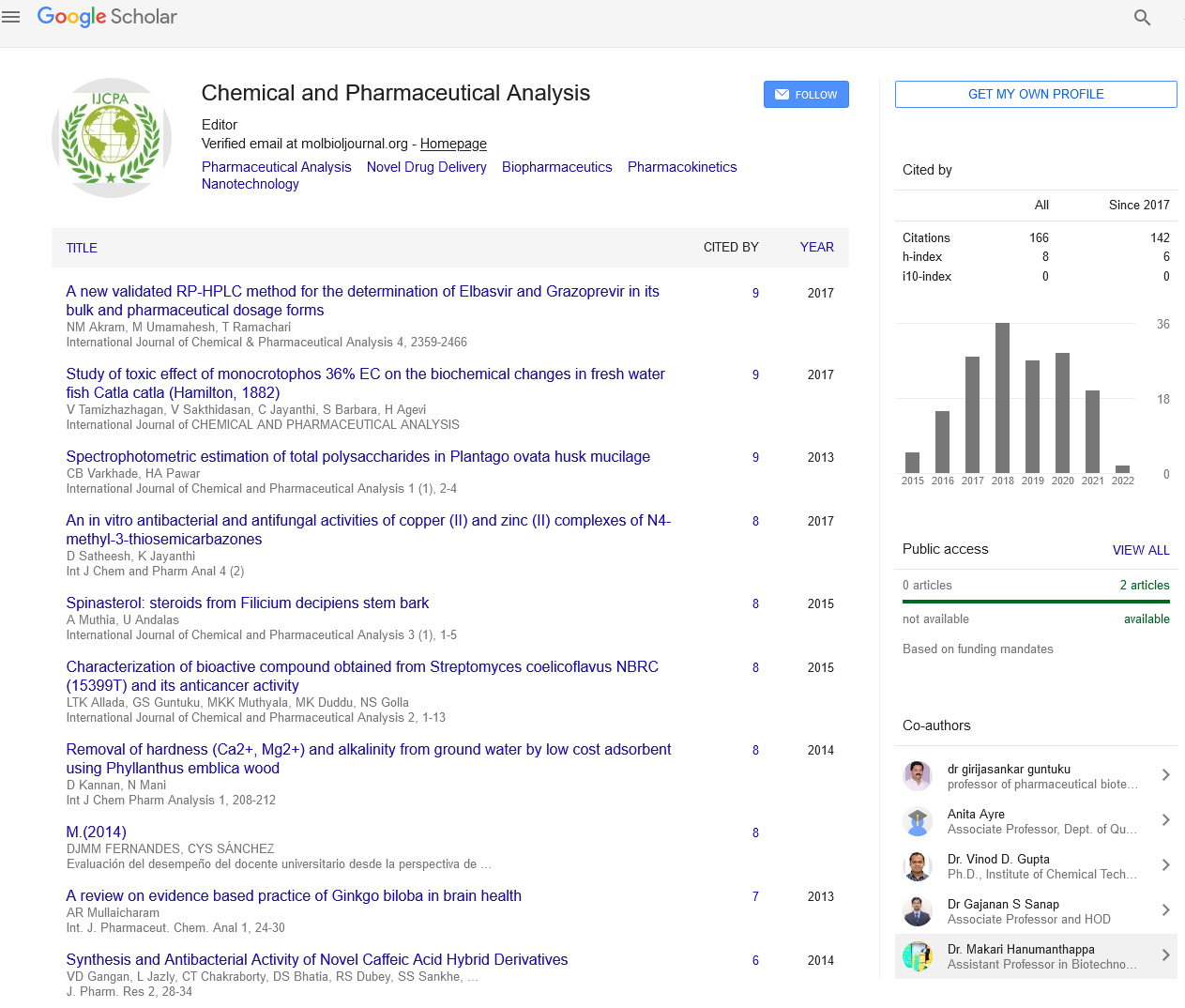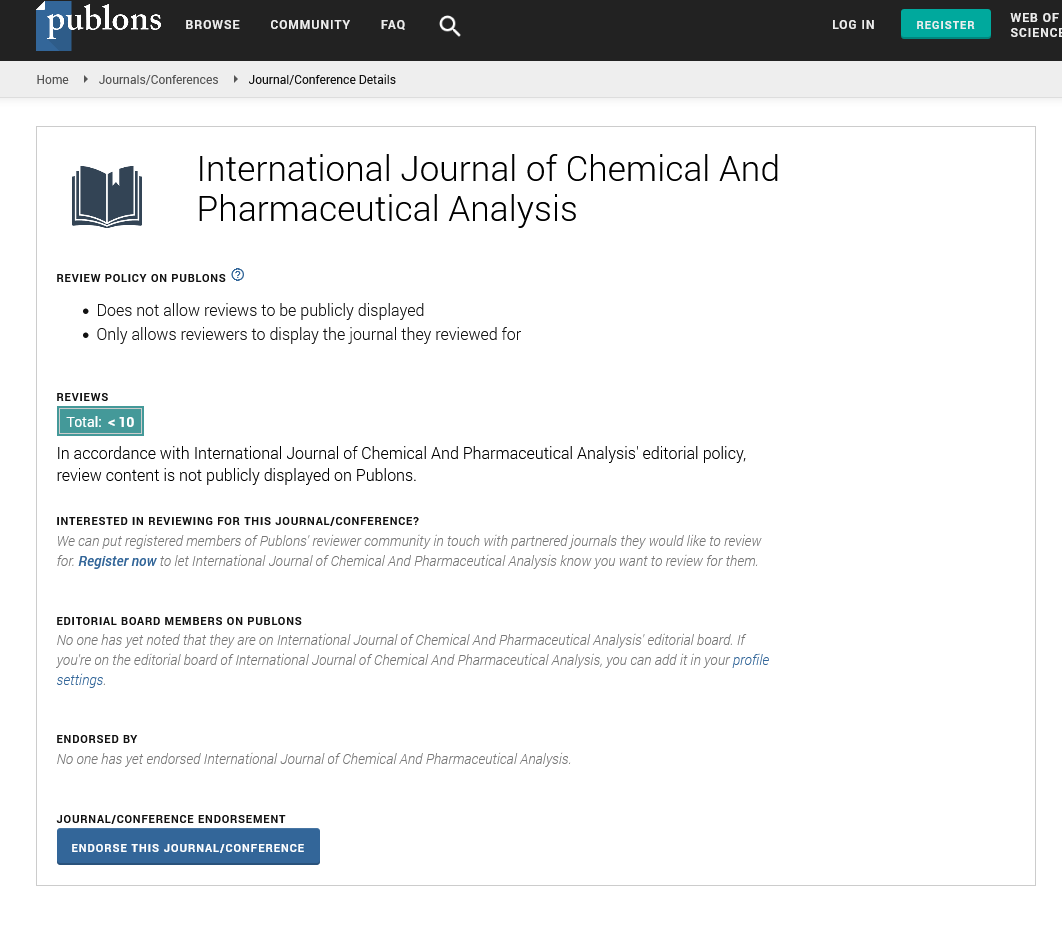Abstract
Author(s): Ozlem Ozgur Gursoy, Ceren Yildiz Eren*, Hulusi Goktug Gurer and Canan Vejselova Sezer
Cancer is a serious health problem. It still affects millions of people. In vitro cell culture is a method used to study the behavior of cells. The interest in grape seed is due to its high content of antioxidants in the form of proanthocyanidins. Its antioxidant capacity is greater than known antioxidants.
Ishikawa cells were cultured in complete DMEM/F-12 medium containing 100 units/mL-100 μg/mL of penicillin- streptomycin and 10% fetal bovine serum in 37°C and 5% CO2 incubator. After incubation of Ishikawa cells MTT (5 mg/mL) dye was added (20 μL/well) and plates were incubated again for two hours. Cell death mode triggered by grape seed extract on Ishikawa cells was analyzed by using the Annexin-V technique. To test the activation of caspases on Ishikawa cells exposed to grape seed extract Caspase 3/7 technique was used. For analysis of results one way variance analysis for multiple comparisons of GraphPad Prism 6.0 for Windows was used.
Grape seed extract showed its toxicity on Ishikawa cells in dose dependent manner in 24 and 48 hours of exposure. Annexin-V technique showed that grape seed extract induced apoptosis on Ishikawa cells. When compared to the control group. Ishikawa cells treated with grape seed extract imply to total apoptosis percentage of 22.90%. Based on this finding it can be concluded that grape seed extract has apoptosis inducing activity on Ishikawa cells in short application time.
Thus, grape seed extract worth to be elucidated for its further anticancer effects with deeper mechanistic studies in order to provide an option for designing novel anticancer drug as supplement or alternative to current chemotherapeutics.




